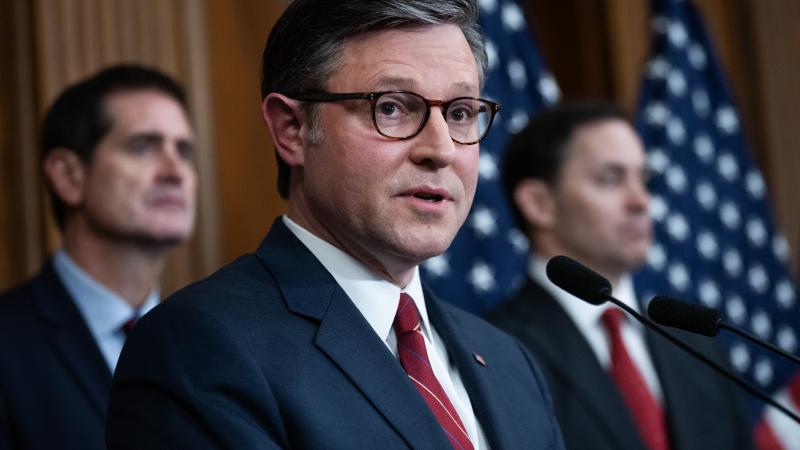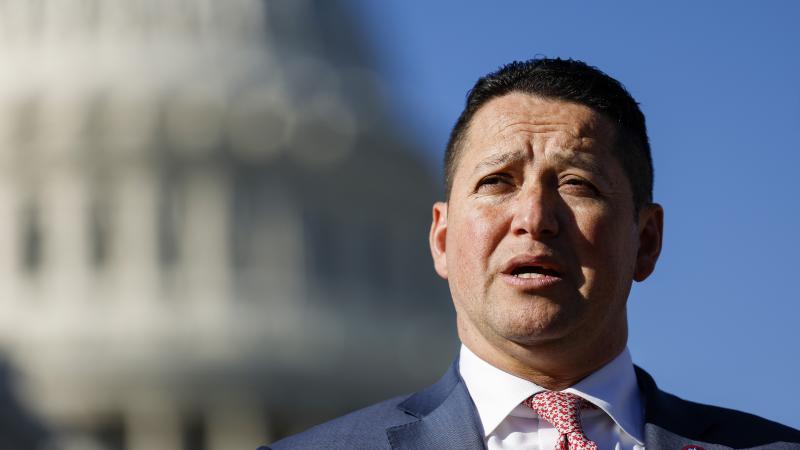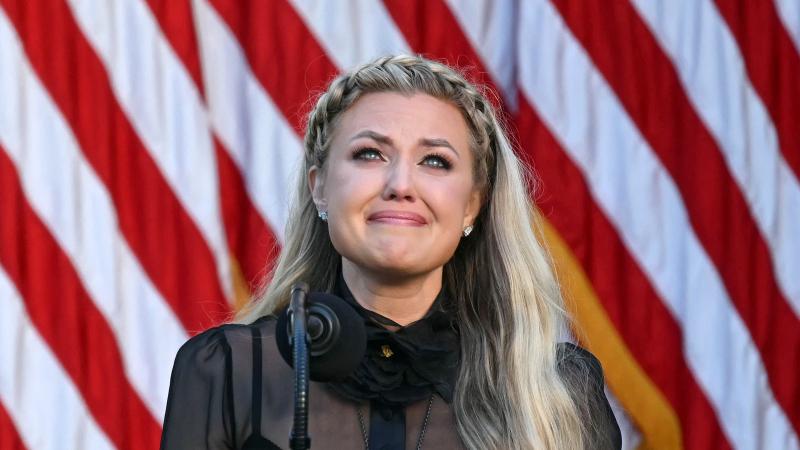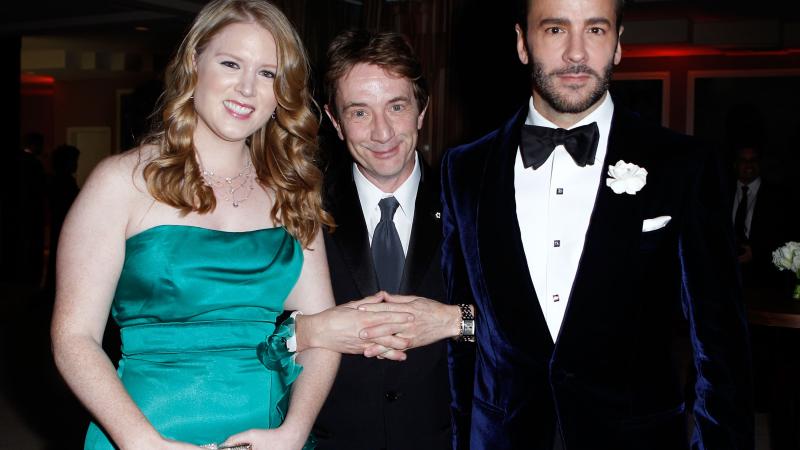Senate reaches $10 billion COVID funding deal
The White House stressed the importance of international vaccination efforts.
Senators reached a deal Monday to provide an additional $10 billion in COVID-19 relief funding for vaccines and therapeutics, but did not include money for international vaccination efforts.
The deal between Senate Majority Leader Chuck Schumer, D-N.Y., and Sen. Mitt Romney, R-Utah, allocates $9.25 billion to COVID therapeutics. The remaining $750 million will go toward research and clinical trials for new virus variants.
The bill also seeks to repurpose unspent COVID-19 funding.
Lawmakers failed to come to an agreement on global pandemic efforts, which receive no funding from the bill.
The Biden administration originally requested a $22.5 billion package for domestic and international COVID efforts.
"Importantly, this bill is comprised of dollar-for-dollar offsets and will not cost the American people a single additional dollar," Romney said in a press release. "While this agreement does not include funding for the U.S. global vaccination program, I am willing to explore a fiscally-responsible solution to support global efforts in the weeks ahead. I appreciate the efforts of Leader Schumer, and Senators Blunt, Burr, and Graham during these negotiations, and I believe that the legislation deserves broad bipartisan support."
The White House encouraged Congress to work swiftly on the bill.
"Every dollar we requested is essential and we will continue to work with Congress to get all of the funding we need," White House press secretary Jen Psaki said. "But time is of the essence. We urge Congress to move promptly on this $10 billion package because it can begin to fund the most immediate needs, as we currently run the risk of not having some critical tools like treatments and tests starting in May and June."
The administration plans on continuing to work with Congress to "build bipartisan support for a package to fund our global COVID-19 response."
The White House stressed the importance of international vaccination efforts.
"We must continue our work to vaccinate the world both because it is the right thing to do, and also, because as it is critical to reducing the risk of new variants, which in turn is critical to the safety of the American people," Psaki said.
The deal comes after weeks of bipartisan negotiations. Nearly $6 trillion has already been allocated toward COVID-19 funding by Congress.















